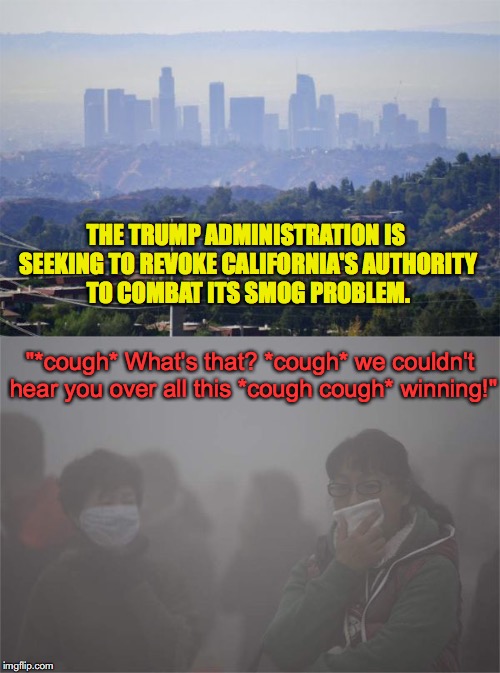In the intricate dance of international diplomacy, few moves are as striking and controversial as the revocation of a world leader's visa. Such an act not only impacts personal relations but can also ripple through diplomatic channels, affecting trade, cooperation, and mutual understanding. The recent revelation by Colombian President Gustavo Petro about his US visa being revoked under the Trump administration sheds light on the complexities of modern geopolitics.
As Petro steps into the spotlight with this revelation, it highlights more than just a bureaucratic decision. It uncovers layers of political maneuvering and the delicate balance of power between nations. Understanding the reasons behind such actions provides insight into the broader context of US-Colombian relations and the strategies employed by administrations to assert influence on the global stage. Let's delve deeper into Petro's claims and explore the implications of these diplomatic maneuvers.
Gustavo Petro, the president of Colombia, has made headlines with his assertion that the Trump administration revoked his US visa. This move, according to Petro, was part of a larger strategy to exert pressure on Colombia. In a Cabinet meeting in Bogota, Petro mentioned this incident, drawing attention to what he perceives as undue influence from the United States. While Petro had earlier acquiesced to Trump's demands regarding deported migrants, this latest development suggests a shift in the dynamics between the two nations.
Unveiling Diplomatic Tensions: Petro's Visa Saga
Petro’s claim extends beyond mere administrative action; it symbolizes a significant escalation in diplomatic tensions. By likening Donald Trump to 'Donald Duck,' Petro subtly critiques the whimsical nature of US foreign policy decisions during that period. This comparison underscores the perception that certain policies were not grounded in strategic reasoning but rather in personal or ideological inclinations. Such rhetoric not only serves to rally domestic support for Petro but also casts doubt on the legitimacy of the visa revocation itself.
The revocation of Petro's visa represents more than a procedural matter—it reflects broader issues within US-Colombian relations. It raises questions about how far the US is willing to go to enforce its policies internationally. For instance, if the US uses visa denials as leverage against other countries, it could set a precedent that affects future diplomatic engagements. Moreover, this tactic might strain alliances and diminish trust among partner nations.
This episode further complicates the already tense relationship between Colombia and the US. With Petro previously yielding to Trump’s demands concerning deportations, the visa revocation appears to be a calculated move aimed at compelling further concessions. However, it may instead provoke resistance from Colombia, challenging the US to reconsider its approach towards Latin American partners.
A New Chapter in US-Colombia Relations?
The implications of revoking Petro's visa extend far beyond the individual level, impacting bilateral ties significantly. As a world leader, Petro's ability to visit the US facilitates dialogue and fosters collaboration on various fronts, including economic partnerships and security measures. Restricting access threatens these avenues of communication, potentially leading to isolationist tendencies or alternative alliances for Colombia.
This situation exemplifies the challenges faced when one nation attempts to impose its will upon another through punitive measures like visa restrictions. While intended to compel compliance, such actions often result in backlash, undermining the very objectives they seek to achieve. Instead of fostering goodwill, they create barriers that hinder constructive engagement.
In light of these developments, both nations must navigate carefully to preserve their relationship. For the US, reevaluating its methods of influencing foreign governments is crucial. Meanwhile, Colombia must weigh its options, balancing national interests with international pressures, ensuring that its sovereignty remains intact amidst shifting geopolitical landscapes.
Beyond Borders: The Broader Impact of Visa Policies
The cancellation of hundreds of visa appointments at the US Embassy in Colombia following this dispute illustrates the wider ramifications of strained diplomatic relations. Beyond affecting high-profile figures like Petro, such decisions disrupt countless lives, impeding opportunities for education, employment, and family reunification. This disruption underscores the importance of maintaining stable and respectful interactions between nations.
Furthermore, the incident highlights the interconnectedness of global affairs. Actions taken by one country reverberate across borders, influencing economies, cultures, and societies worldwide. In this case, the tension between the US and Colombia serves as a reminder of the delicate balance required to sustain harmonious international relations.
Ultimately, the story of Petro's revoked visa calls for reflection on the principles guiding international diplomacy. It prompts leaders to consider whether coercive tactics truly serve long-term interests or merely exacerbate existing divisions. By prioritizing dialogue over confrontation, nations can build stronger, more resilient partnerships capable of addressing shared challenges effectively.

